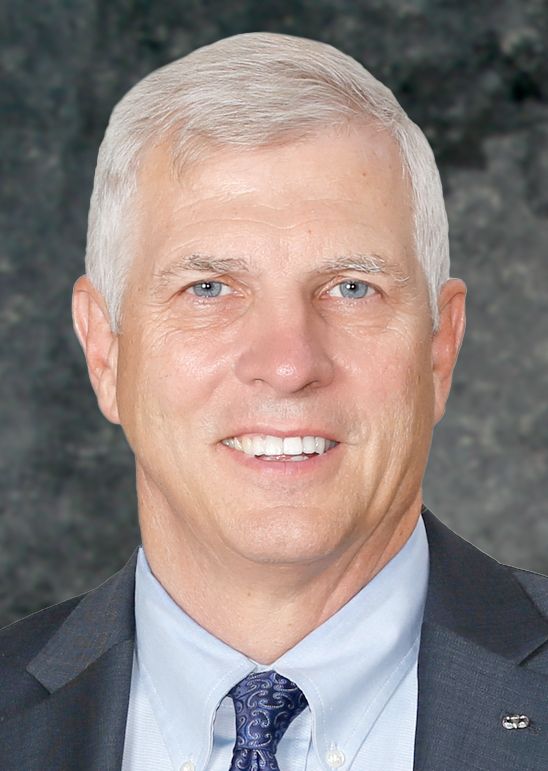The California Ethical Treatment for Persons with Substance Use Disorder Act provides key protections for the vulnerable seeking help
By Jason Langendorf
Addiction treatment is a $42 billion industry that, when handled right, provides critical therapeutic care to a population that is otherwise underserved and remains largely stigmatized, even by many of America’s front-line caregivers. But when treatment goes bad, or lands in the wrong hands, the results for the client can be costly, detrimental and even lethal.
A new law in California takes aim at the fly-by-night addiction treatment facilities and the outright fraudsters that too often add to the burden of individuals and families already bogged down by substance use disorder (SUD). The California Ethical Treatment for Persons with Substance Use Disorder Act (SB 349), introduced by state senator Tom Umberg last February and signed into law by California governor Gavin Newsom in April, is described as a “client bill of rights” that strengthens existing patient protections and establishes penalties and liability consequences for bad actors in the space.
“There is no place … for treatment providers who take advantage of those struggling with addiction.”
—California governor Gavin Newsom
“People seeking treatment have a right to know that they are receiving appropriate and safe care,” Gov. Newsom said in a statement. “There is no place in California for treatment providers who take advantage of those struggling with addiction—and with this legislation, we are taking steps to provide additional protections for patients, family members and loved ones of those who are seeking treatment.”
Bill of Rights Protections
As part of his official stated intent of SB 349, Umberg describes a California addiction treatment sector featuring many capable and well-intentioned programs—but one that is spoiled by a subset of bad actors standing between “vulnerable” people with SUD and the care they need.
Umberg cites another state known for deceptive practices in addiction treatment as evidence that the space needs greater oversight and more strident penalties for corruption and neglect: “Abuses within the treatment industry have become so prevalent and common that they have been given a name: The Florida Shuffle, a cycle in which recovering users are wooed aggressively by rehabs and freelance ‘patient brokers’ in an effort to fill beds and collect insurance money. Southern California’s ‘Rehab Riviera’ is well known to be an area in which a network of rehab facilities exists in a quasi-medical realm where evidence-based care is rare, licensed medical staffers are optional, conflicts of interest are rampant and regulation is stunningly lax. The result is preventable harm to some of California’s most vulnerable residents and unnecessary pain for their loved ones.”

In Umberg’s executive summary of the bill, he writes that SB 349 “aims to set in place guardrails for the industry and to provide stronger enforcement mechanisms to rein in the most untoward practices.” The document highlights what existing law covers and how SB 349 enhances or adds to current protections.
In summary, existing law:
- Calls for licensure and regulation of alcohol and other drug treatment recovery facilities by the State Department of Health Care Services and authorizes their enforcement by the department
- Requires program certification through the department
- Generally prohibits the giving or receiving of anything of value for facility referrals, and authorizes the department to investigate allegations of violations
- Requires all programs licensed or certified by the department to disclose any ownership, control of or financial interest in a recovery residence
In summary, SB 349 will:
- Impose requirements and proscribe unlawful acts relating to marketing and advertising, as defined by the bill
- Require a treatment provider doing business in the state to adopt a client bill of rights for persons receiving treatment and to make the bill of rights available to all clients and prospective clients
- Require a treatment provider to maintain records of referrals to or from a recovery residence, with unlawful acts being subject to a civil fine of up to $20,000 per violation
- Authorize a variety of officials (including the attorney general) and any injured person or entity to bring a claim for declaratory relief or to recover a civil penalty
- Authorize the State Department of Health Care Services to investigate allegations of violations, assess penalties and suspend or revoke a provider’s license or certification
SB 349: A Better Example of Oversight?
California and Florida are known in addiction treatment circles for their hot spots of disreputable activity, but they are hardly alone. Might SB 349 help set a template of sorts for other states, and perhaps even lead to federal protections and thresholds for evidence-based standards of care in addiction treatment?
“We convened a workgroup and people felt very strongly that, if you do set up shop in our state and we catch you, there will be real consequences.”
—Michele Worobiec, NAMSDL, to the Los Angeles Daily News
Michele Worobiec, president of the National Alliance for Model State Drug Laws (NAMSDL)—a group that helped Umberg and fellow legislators design the bill—believes California’s new law has enough teeth to make those who would exploit the system think twice.
“It’s designed to weed out bad actors and provide a deterrent element,” Worobiec told the Los Angeles Daily News. “We convened a workgroup, and people felt very strongly that, if you do set up shop in our state and we catch you, there will be real consequences.”
At the least, it makes for a good start.
Top photo: Nathan Dumlao














